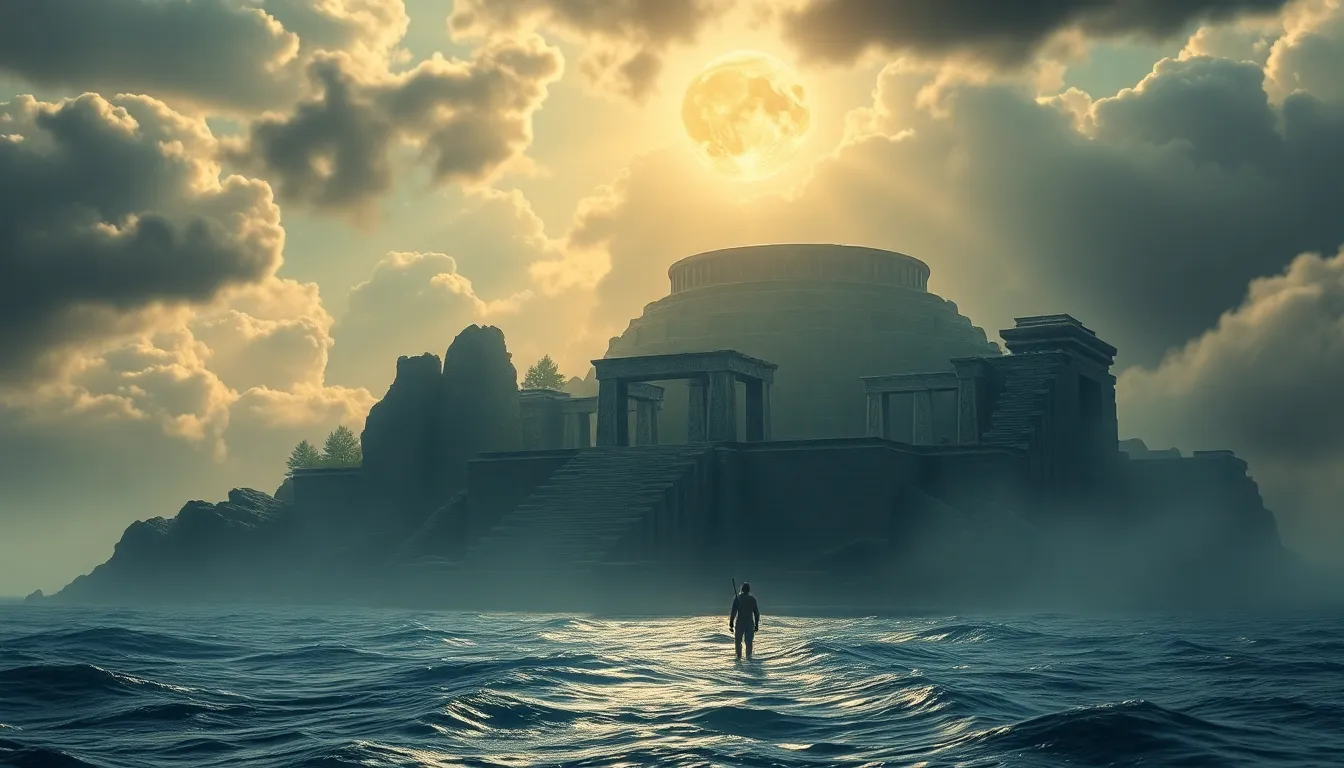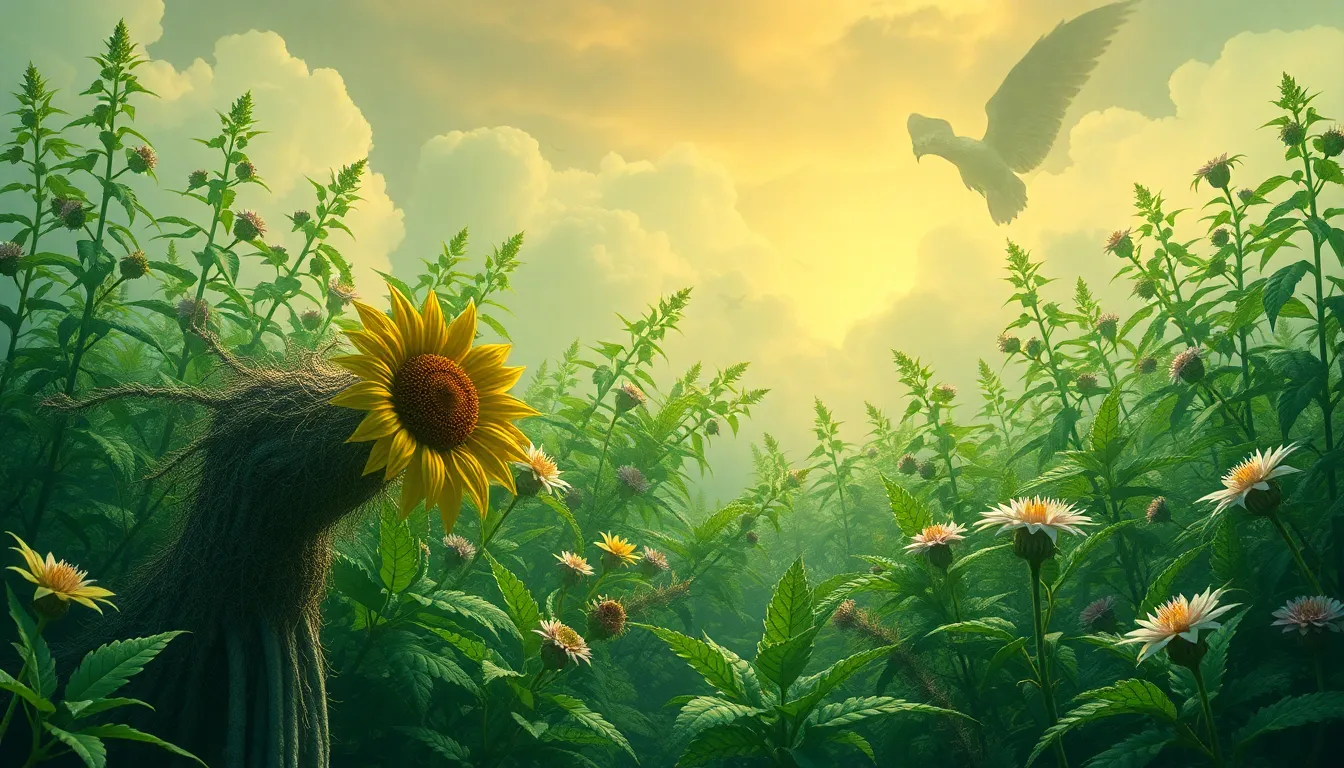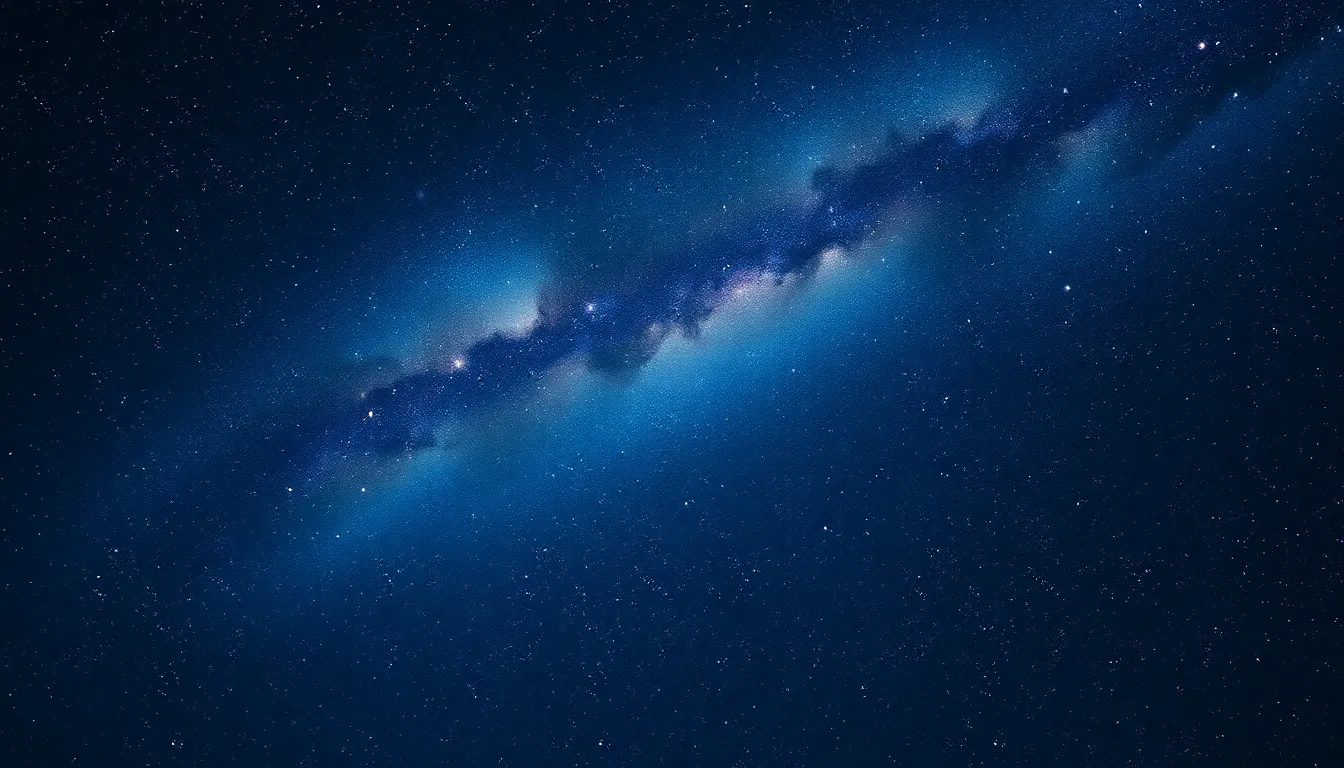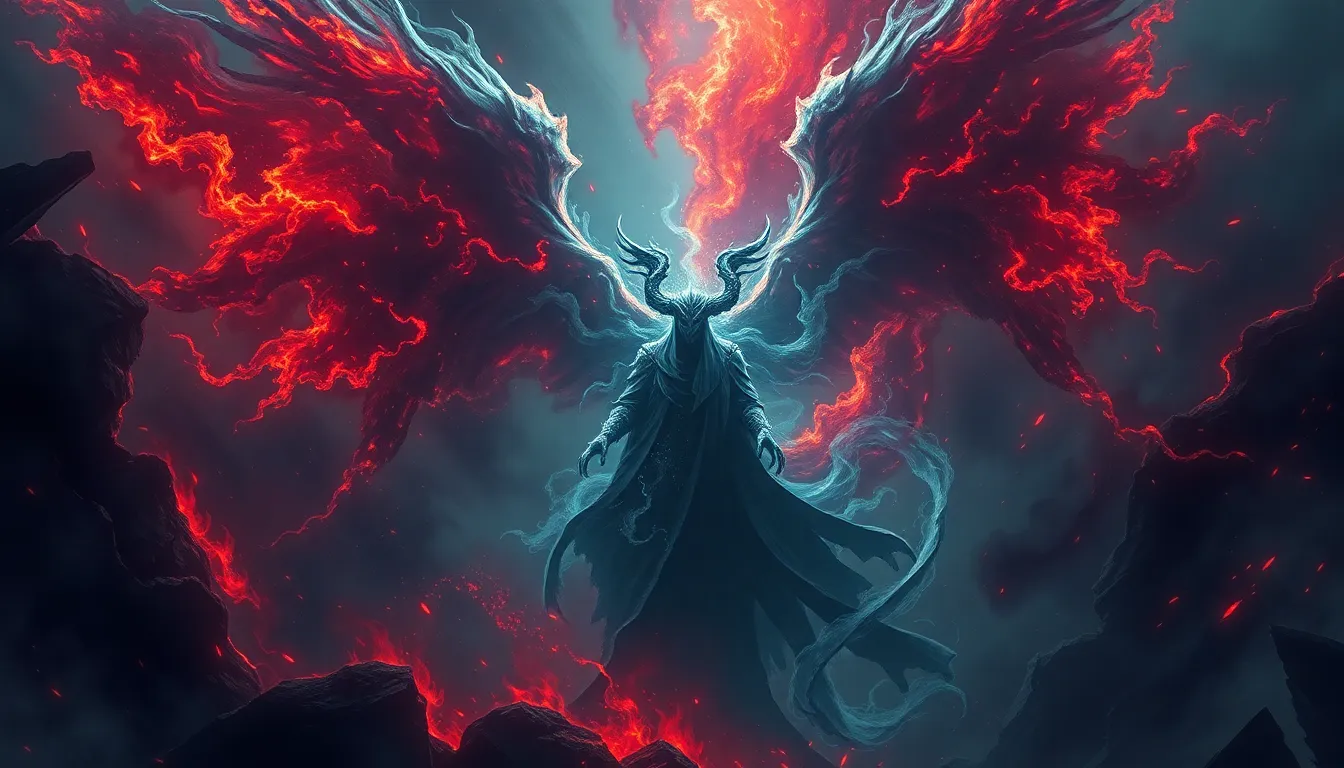The Island of the Gods: A Journey Through Ancient Mythology
Introduction: The Allure of Ancient Mythology
Mythology has long captivated human imagination, serving as a framework for understanding the world around us. Cultures across the globe have woven elaborate tales that explain natural phenomena, define social norms, and provide insight into human experiences. Central to many of these mythologies are islands, often depicted as sacred places inhabited by gods and mystical beings. These islands serve not only as geographical locations but also as symbolic realms that embody the human quest for knowledge, spirituality, and connection to the divine.
The Island of the Gods: A Mythical Geography
The term “Island of the Gods” can be found in various cultures, often representing a paradise or utopia where divine beings reside. These islands are not just physical spaces but are imbued with cultural significance, reflecting the values and beliefs of the societies that revere them.
Some notable examples of mythical islands include:
- Avalon: In Arthurian legend, Avalon is a mystical island where King Arthur is taken to heal after his final battle.
- Atlantis: A legendary island described by Plato as a highly advanced civilization that ultimately fell into the ocean.
- Patala: In Hindu mythology, Patala is the underworld, known for its wealth and the abode of serpents and demons.
The Origins of Mythical Islands in Ancient Cultures
Many mythical islands originate from ancient creation myths that reflect the values and fears of the cultures that birthed them. These narratives often depict the islands as places of origin, refuge, or transformation.
Geography plays a crucial role in shaping these mythological narratives. Islands, surrounded by water, often symbolize isolation, mystery, and the unknown. The ocean serves as both a barrier and a bridge, separating the mortal world from the divine.
Prominent Deities Associated with Mythical Islands
Numerous gods and goddesses are associated with mythical islands, each embodying unique attributes and roles within their respective mythologies. Here are a few prominent examples:
- Pele: The Hawaiian goddess of volcanoes, believed to reside in the volcanic island of Hawai’i. She represents creation and destruction.
- Isis: In Egyptian mythology, Isis is linked to the island of Philae, where she was worshiped as a goddess of fertility and motherhood.
- Odin: In Norse mythology, Odin is associated with various islands, including Asgard, the realm of gods, which is often depicted as an isolated paradise.
Legends and Tales: Notable Myths from the Island of the Gods
Mythical islands are often the settings for legendary tales that encompass themes of love, betrayal, heroism, and the quest for knowledge. Some notable myths include:
- The Quest for the Golden Fleece: Jason and the Argonauts travel to the island of Colchis to retrieve the Golden Fleece, encountering various challenges along the way.
- The Tale of Odysseus: In Homer’s “Odyssey,” Odysseus encounters several mythical islands, including Circe’s island, where he faces temptations and trials.
- The Birth of Athena: According to some myths, Athena was born from the head of Zeus on Mount Olympus, often depicted as an island in the sky.
Cultural Impact of the Island of the Gods in Art and Literature
The influence of mythical islands extends beyond oral traditions into art and literature. Artists and writers have drawn inspiration from these enchanting locales, creating works that explore the themes of divinity and the human condition. Examples include:
- Literature: Works such as “The Tempest” by Shakespeare and “The Mists of Avalon” by Marion Zimmer Bradley incorporate elements of mythical islands.
- Visual Art: Paintings like “The Birth of Venus” by Sandro Botticelli and sculptures that depict gods and goddesses often reference these sacred places.
Rituals and Worship: How Cultures Honor the Island Deities
Rituals and festivals dedicated to the deities of mythical islands are integral to many cultures. These practices not only honor the gods but also strengthen community bonds. Some examples include:
- Hawaiian Luau: A celebration that honors Pele and other Hawaiian deities with traditional food, dance, and music.
- Greek Festivals: Ancient Greeks held festivals to honor gods like Poseidon, often involving offerings and games.
Such rituals often reflect the values and beliefs of the culture, reinforcing the connection between the community and the divine.
Modern Interpretations and Adaptations of Ancient Myths
In contemporary times, ancient myths have been reinterpreted and adapted across various media. This revival often brings new life to these stories, making them accessible to modern audiences. Examples include:
- Films: Movies such as “Clash of the Titans” and “Percy Jackson & The Olympians” draw directly from ancient mythological themes.
- Books: Novels like “Circe” by Madeline Miller offer a fresh perspective on classic myths, focusing on the experiences of female characters.
- Video Games: Games like “God of War” integrate mythological narratives, allowing players to engage with these ancient stories interactively.
The Psychological and Philosophical Significance of Mythical Islands
Mythical islands often serve as metaphors for the human experience, reflecting our desires, fears, and aspirations. They embody psychological archetypes that resonate with universal themes:
- Isolation vs. Connection: Islands symbolize the struggle between the desire for solitude and the need for community.
- Journey and Transformation: The quest for knowledge often requires a journey to these islands, representing personal growth and discovery.
- Divine and Mortal Realms: The separation of the divine from the mortal world highlights the human yearning for understanding and connection with the sacred.
Conclusion: The Enduring Legacy of the Island of the Gods
Ancient mythology continues to hold relevance in today’s world, influencing literature, art, and cultural practices globally. The concept of the “Island of the Gods” serves as a powerful reminder of humanity’s quest for meaning, understanding, and connection to the divine. As we explore these myths, we not only uncover the stories of our ancestors but also reflect on our own beliefs, values, and the timeless journey of the human spirit.




